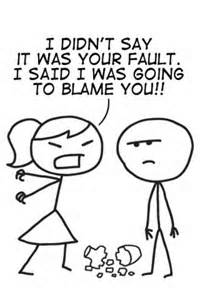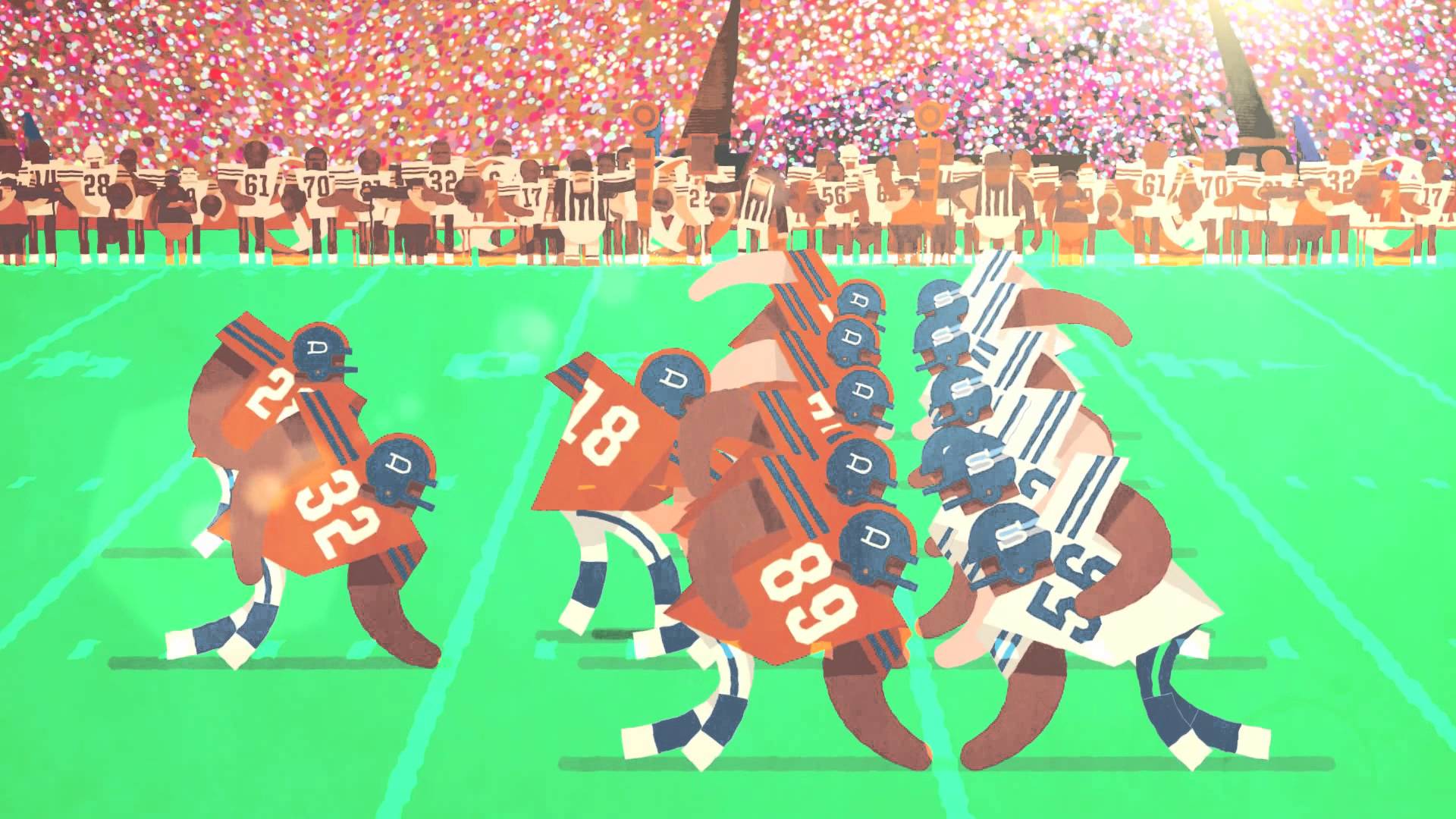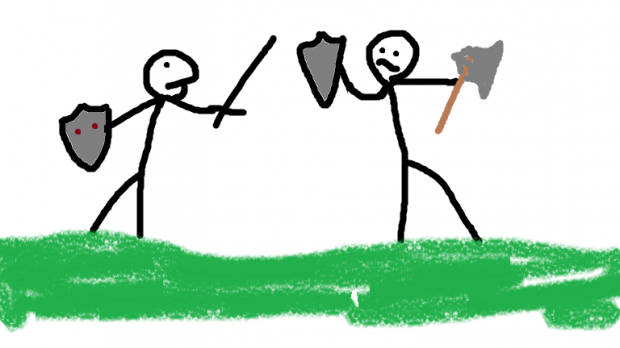Shoftim- Shared Reading
Torah Portions 5.5: Debarim (Deuteronomy) 16:18-21:9
Hebrew Word/Phrase of the Week: Shoftim
Meaning: “Judges”
The Torah Portion this week is called Shoftim (שופטים), meaning “Judges”. Moshe tells the people how they are to judge the different types of situations and people they run into in the promised land.
Chapter 16 (Continued): Our Torah Portion this week continues with Moshe speaking to the people and telling them to set-up judges and officers, to keep things fair and in order. Could you imagine if there wasn’t right-ruling and things were unjust? This is exactly what Moshe warned the people not to be like when they enter the promised land. Moshe tells the people not to show partiality, meaning not to show favor to certain people, and to rightly rule everyone the same. This included not taking bribes, like money or goods because this meant that the person being judged would not receive the true judgement or punishment that they deserved.
Fun Fact: The type of bribe we’re talking about here is when money or something valuable is given to a person in exchange to not get in trouble for something bad that they’ve done. The scriptures tell us that bribes change a person’s judgement.
Chapter 17: All of YHWH’s people in the promised land were to be righteous, and if anyone knew of a person that was doing evil in their land, they were to stone the person to remove the evil from their midst. But was one witness enough?
No way! There had to be at least 2 or 3 witnesses for this to happen, which would protect the person from being falsely accused of something they didn’t do. And when a situation arose that was too hard for the people to judge, they were to come to the priests (kohanim) for right ruling. Whatever the priest (kohen) instructed them to do, they were to do exactly that. If anyone acted arrogantly and didn’t listen to YHWH’s kohen, then that person would die.
And when the time came that the people entered the land, Moshe already knew that the people would desire to have a king like the nations around them do.
Fun Fact: Did you know that YHWH’s people were not allowed to ever have a foreign sovereign? Moshe specifies that the king should only be who YHWH chooses, from among the tribes.
These kings, would then have their own special laws to abide by, like not having too many horses, too much gold or silver, and not having too many wives. The king would also be required to write their own copy of the entire Torah, using the priest’s scrolls to look at. That’s a lot of writing! But this way, a king could better remember everything written in the Torah, and a copy would always be with him since he was commanded to read it all the days of his life. This served as a constant reminder to fear YHWH and keep his commands.
Chapter 18: But don’t forget about the kohanim (priests)! Moshe reminds the people to give the kohanim their portions of the people’s offerings, to help take care of them because these are YHWH’s specially kodesh (set-apart) people. And Moshe tells the people that the land they are going to inhabit is a land that listens to people who are diviners using magic, and not to be like them and purge all those things out of their midst when they get there! YHWH’s people did not have such things appointed for them, but Moshe tells them that instead YHWH will provide prophets for them, and to listen to his prophet’s words.
Fun Fact: How do we know who is really a prophet of YHWH? The scriptures in this chapter say that the prophets would come from their brothers (not being from other nations), and would come in the name of YHWH. If the prophet didn’t come in the name of YHWH, we would already know he wasn’t one of YHWH’s prophets of course!
Chapter 19: Then Moshe reminds the people again to ensure that there are cities of refuge. These were the cities that a person could run to if they accidentally killed another person. But if this person meant to kill someone and ran to one of these cities, the elders of his city would be able to send for him and give the person into the hand of the revenger of blood. That is, the person who wants revenge for the person that passed away (such as a loved one or friend) would be able to kill that person.
And just like the blame game mentioned earlier, if a malicious (intentionally harmful or spiteful) person witnessed against someone and that ‘someone’ was found innocent, then the children of Yashra’el were to do whatever to the harmful person that they sought to have done to the innocent someone. Another reason not to falsely accuse anyone- you could fall in your own trap!
Chapter 20: Then Moshe addressed the deal about battles, and the Kohanim (priests) were to be like the coaches on the field, giving the men the pep talk- not to be afraid and remind them that YHWH goes with them!
Next, the officers would ask the army if there was anyone who had built a new house, or a new vineyard, was engaged to be married, or was afraid and tender of heart. These men were then allowed to return home, so that they didn’t pass away in the battle and their things or soon to be wives be given to another man. Or, in the case of the tender hearted- their brothers hearts be faint because of him. And when the officers did all this, they were to first offer a call of peace to the people they were to battle. If they accepted the peace call, those people would serve the children of Yashra’el. If they didn’t accept the call, then all the men of that nation would be killed and the only the women, little ones, livestock and all the spoil of the city would be left as plunder for them. However, when the children of Yashra’el were to battle certain peoples, no one was to be left alive…
Fun Fact: Why couldn’t some of the people be left alive? When it came to the Hittites, Amorites, Kena’anites, Perizzites, Hiwwites and Yebusites, no one was to be left alive, because Moshe warned that they would teach the children of Yashra’el to do all their abominations and then the children of Yashra’el would sin against YHWH.
Chapter 21: This Torah Portion made it known several times that it’s important not to have innocent blood shed in the land. So if a person was found passed away in a field of the land and no one knew who killed him or her, the elders would figure out which city was closest to the incident, and the elders of that city would have to take an offering and wash their hands clean of the situation, just so that city wouldn’t have blood-guilt from the innocent person.
Fun Fact: The figure out which city was closest to the blood-guilt, the elders and judges would have to go out and measure the distance from the slain person to the nearest cities, to figure out which one needed to make an atonement for the incident.
Want to know more? Join us next time as we continue to read through Debarim (Deuteromony)!




